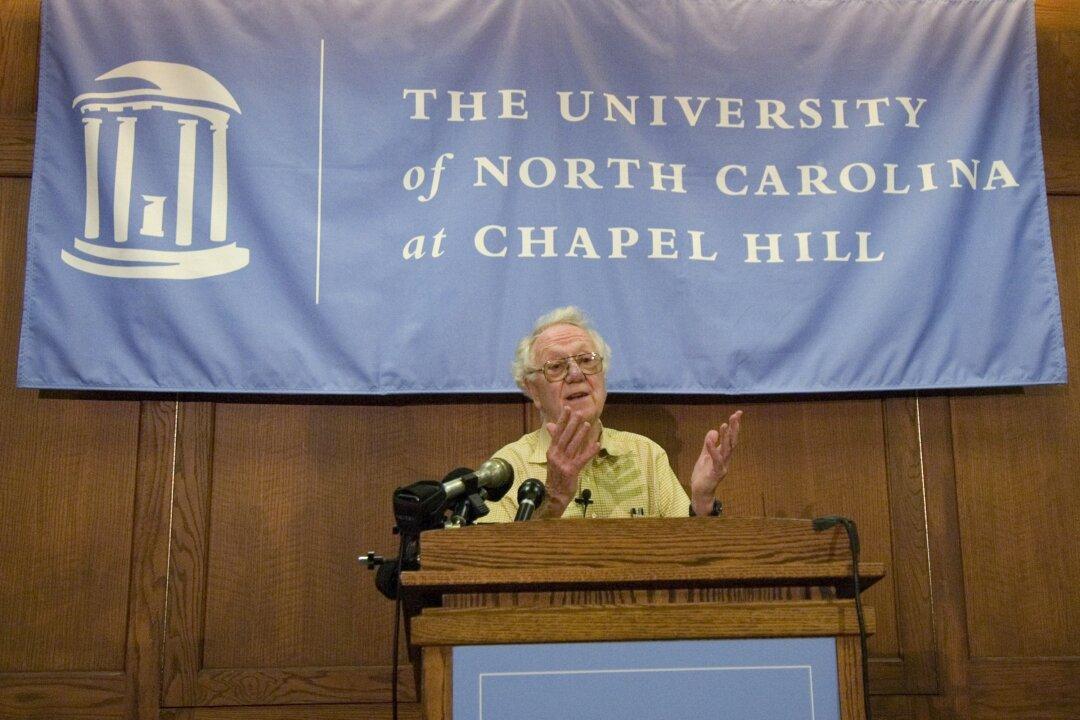Oliver Smithies won the Nobel Prize in Physiology or Medicine in 2007 “for discoveries of principles for introducing specific gene modifications in mice by the use of embryonic stem cells”.
Mohit Kumar Jolly, researcher at the University of Rice and contributor to The Conversation, interviewed him at the 2014 Lindau Nobel Laureates Meeting.
Where do you think good ideas come from?
I fly a glider, and I turn off the engine at some altitude, and then the glider needs upwards thrust to maintain itself. I often spot a hawk then, and start to fly in the direction it is flying, because it [the hawk] is also looking for the upward thrust, so if I follow it, I'll also get the thrust. So my flying experience also makes me think.
I still go to the lab every day, even on weekends. Very often ideas for research comes from our experiences or memories – it takes only one moment for the idea to occur, but it takes a lifetime sometimes to show that it works.
You have been in science for a very long time. How, in your opinion, has the culture of science changed over time?
Not much actually. Scientists then as well as now want to be known as “the first one to do something”. When Galileo discovered Jupiter’s moon, he was worried about the same, and even today, scientists are afraid of the same [not being first].
But hasn’t this intense competition caused scientific misconduct increase significantly today?
Yes, but it must be understood that scientists are not different from other communities – of course, you'll find many dishonest scientists.
Do you agree that more dialogue between science and the public is needed to ensure the trust people have in science?
That is very much required. I haven’t done as much in this aspect as I should have done, but I'd like to share an anecdote. When we were doing experiments on cloning genes, the community in Cambridge, Massachusetts revolted against our plan, due to various fears associated with cloning. But, in Wisconsin, we invited the media and explained to them in detail what exact experiments we were planning, and also listening to their misinformed fears and clarifying them – they finally allowed us happily to do those experiments.
What is your opinion of fellow Nobel Laureate Randy Schekman’s attack on the three big science journals – Science, Nature, Cell?
I believe that what matters more is not where you publish, but what you publish. A good scientist is a global citizen, and I support open access and sharing of ideas.
What message would you give to young scientists?
Find something that you enjoy doing, and then pursue it. It need not be science, but must be something that excites you.
![]()
Oliver Smithies does not work for, consult to, own shares in or receive funding from any company or organisation that would benefit from this article, and has no relevant affiliations. This article was originally published on The Conversation. Read the original article.
